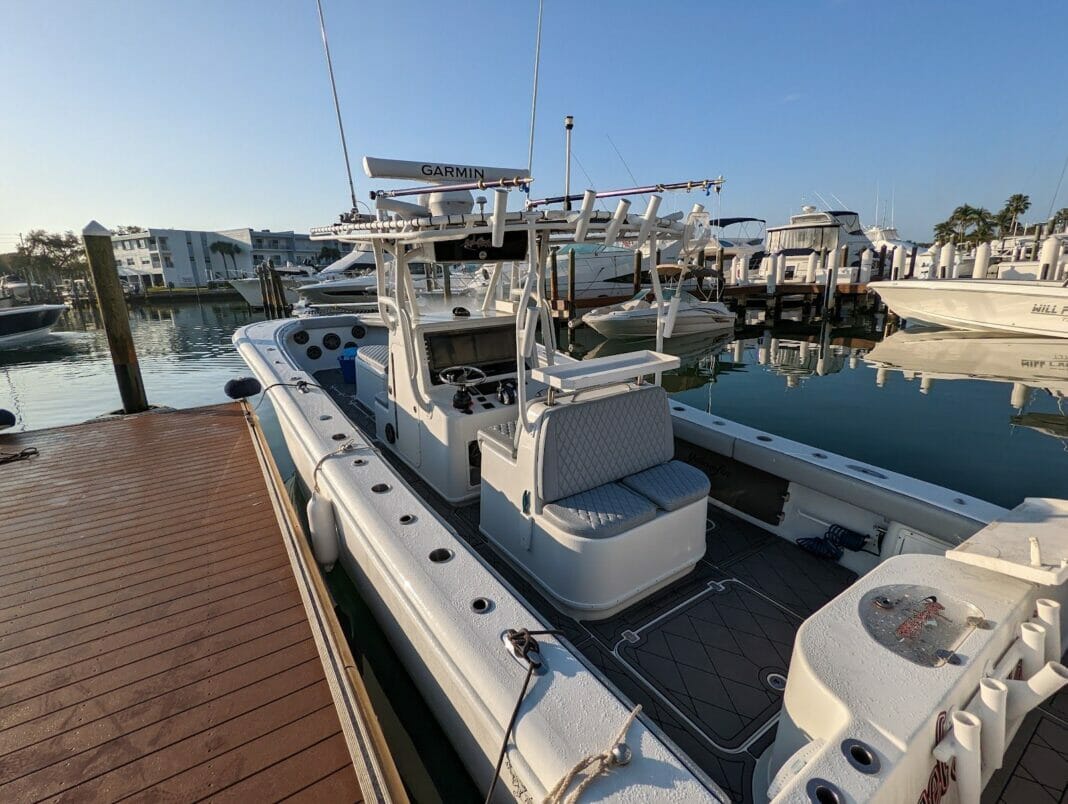When purchasing the perfect boat for your needs, there are many factors to consider for first-time buyers. Understanding your specific requirements, budget, and preferences will help narrow down the options and make the process more manageable. With this comprehensive guide, you will be well on your way to finding the boat of your dreams.
1. Assess Your Needs
Before diving into the world of boat ownership, it’s essential to determine what you plan to use the boat for, as this will influence the type, size, and features of the boat you need. Common boat activities include:
-
Fishing
-
Watersports
-
Cruising
-
Sailing
-
Living aboard
-
Commercial use
Discuss your intended uses with any friends, family, or partners who will be joining you on the boat, as their preferences may also affect your choice.
2. Research the Types of Boats Available
Once you have a clear understanding of your needs, you can begin researching different types of boats that suit your requirements. Some popular boat categories are:
-
Fishing boats
-
Ski/wake boats
-
Deck boats
-
Pontoon boats
-
Sailboats
-
Cabin cruisers
-
Personal watercraft
-
Commercial boats
Each category offers specific features, advantages, and disadvantages. Therefore, reading reviews, attending boat shows, and discussing your options with experienced boaters is highly advantageous.
3. Set a Budget
Boat prices can vary widely depending on factors such as brand, size, and features. It’s essential to set a realistic budget that considers not only the initial purchase price but also ongoing costs such as insurance, maintenance, fuel, slip fees, and winter storage. Keep in mind that used boats can offer significant savings, but they may require more maintenance than new models.
4. Consider New vs. Used
While new boats come with warranties, state-of-the-art technology, and modern designs, they are more expensive than used boats. On the other hand, used boats offer value for money and are ideal for first-time boat owners not yet ready to invest in a new boat.
However, it’s essential to carefully inspect used boats to ensure they are in good condition. Enlisting the help of a marine surveyor can provide a thorough evaluation of a used boat’s condition and help determine its value.
5. Determine the Right Size
Consider how many people will be joining you on the boat, the size of the body of water you will be using, and if you need overnight accommodations. Bigger boats offer more space, comfort, and amenities but are also more challenging to maneuver, require more maintenance, and can have higher operating costs.
When determining the correct size, keep in mind that it’s better to start with a smaller boat that’s easy to handle and maintain before moving on to a larger vessel.
6. Test Drive Before Buying
As with any significant purchase, it’s essential to test drive your potential boat before making a final decision. This will allow you to assess the boat’s performance, handling, and comfort firsthand, ensuring it meets your expectations.
Arrange a sea trial with a dealer or private seller and take the opportunity to spend time onboard. Test the boat at different speeds, make tight turns, and practice docking to get an accurate feel for the boat’s performance.
7. Choose the Right Boat Dealer
Selecting a trustworthy and knowledgeable dealer is crucial in ensuring a successful boat purchase. Research local dealers, read reviews, and ask for recommendations from fellow boaters. A good dealer will be able to answer your questions, provide guidance, and offer ongoing support.
8. Closing the Deal
Once you have found the perfect boat, negotiate the sales price with the dealer or private seller. Alongside the purchase price, ensure the sales agreement covers details such as warranties, documentation, and any included accessories.
After closing the deal, organize insurance, registration, and necessary safety equipment before enjoying your new boat on the water.
Final Word
Setting forth towards purchasing one’s initial watercraft can elicit great feelings of excitement along with a sense of anticipation – inevitably creating unforgettable memories within us! However, it is crucially important not to rush into anything before accurately assessing our boating-related necessities as well as our envisioned goals. Doing so provides us with a framework that we can use to carry out thorough studies of all available options in order to make the best possible decision.
When armed with this comprehensive knowledge, we can confidently explore all available choices and be confident in knowing that what we eventually choose will be a perfect fit for us and our plans for future boat-related activities!


